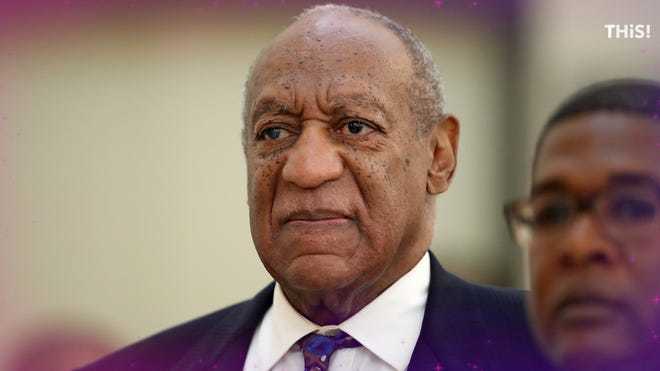
It is not my intention to defend the actions of a man who clearly is guilty of rape. However, he is not the only one guilty of misconduct in this affair.
If you only read media accounts of this story, you are missing most of the important facts. Below are the first two pages of the Pennsylvania Supreme Court's decision, verbatim. If, after you read this, you don't agree that Cosby should have been released, tell me what you think should be done about the misconduct of the prosecutors.
(The entire opinion is 79 pages. If you want to read more of it, please do:
https://www.pacourts.us/Storage/media/pdfs/20210630/163038-june302021opinionwecht.pdf)
+++++++++++++++++++++++++++++++++++++++++++++++++++++++++++++++++++++++
IN THE SUPREME COURT OF PENNSYLVANIA
MIDDLE DISTRICT
BAER, C.J., SAYLOR, TODD, DONOHUE, DOUGHERTY, WECHT, MUNDY, JJ.
COMMONWEALTH OF PENNSYLVANIA,
Appellee
v.
WILLIAM HENRY COSBY JR.,
Appellant
:
:
:
:
No. 39 MAP 2020
Appeal from the Order of Superior Court at No. 3314 EDA 2018 dated December 10, 2019 Affirming the Judgment of Sentence dated September 25, 2018 of the Montgomery Court of Common Pleas, Criminal Division, at No. CP46-CR-3932-2016
ARGUED: December 1, 2020
OPINION
JUSTICE WECHT DECIDED: June 30, 2021
In 2005, Montgomery County District Attorney Bruce Castor learned that Andrea
Constand had reported that William Cosby had sexually assaulted her in 2004 at his
Cheltenham residence. Along with his top deputy prosecutor and experienced detectives,
District Attorney Castor thoroughly investigated Constand’s claim. In evaluating the
likelihood of a successful prosecution of Cosby, the district attorney foresaw difficulties
with Constand’s credibility as a witness based, in part, upon her decision not to file a
complaint promptly. D.A. Castor further determined that a prosecution would be
frustrated because there was no corroborating forensic evidence and because testimony
from other potential claimants against Cosby likely was inadmissible under governing
laws of evidence. The collective weight of these considerations led D.A. Castor to
conclude that, unless Cosby confessed, “there was insufficient credible and admissible
evidence upon which any charge against Mr. Cosby related to the Constand incident
could be proven beyond a reasonable doubt.”
Seeking “some measure of justice” for Constand, D.A. Castor decided that the
Commonwealth would decline to prosecute Cosby for the incident involving Constand,
thereby allowing Cosby to be forced to testify in a subsequent civil action, under penalty
of perjury, without the benefit of his Fifth Amendment privilege against self-incrimination.
Unable to invoke any right not to testify in the civil proceedings, Cosby relied upon the
district attorney’s declination and proceeded to provide four sworn depositions. During
those depositions, Cosby made several incriminating statements.
D.A. Castor’s successors did not feel bound by his decision, and decided to
prosecute Cosby notwithstanding that prior undertaking. The fruits of Cosby’s reliance
upon D.A. Castor’s decisionCosby’s sworn inculpatory testimonywere then used by
D.A. Castor’s successors against Cosby at Cosby’s criminal trial. We granted allowance
of appeal to determine whether D.A. Castor’s decision not to prosecute Cosby in
exchange for his testimony must be enforced against the Commonwealth.
Most Helpful Opinions